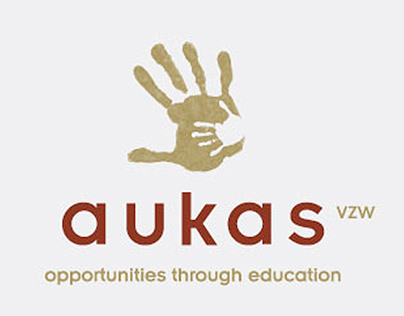Greenpeace Belgium has been committed for years to protecting our planet, as well as social justice? The climate crisis affects us all, but particularly affects the most vulnerable groups in our society. Low-income people, indigenous communities, LGBTQIA2S+ individuals and people who experience racism are often hit hardest. They are more exposed to poverty, discrimination and violence, making it extra difficult to adapt to a changing climate.
This is why we campaign for climate justice: because climate care is also people’s work.
Greenpeace & SDG 13 – Climate action
Greenpeace is fighting climate change globally, in line with United Nations SDG 13: ‘Take urgent action to combat climate change and its impacts.’
What does Greenpeace do?
-
More renewable energy: Advocates for wind and solar energy.
-
Protest and action: Peaceful actions to put pressure on governments and companies.
-
Research: Reports on the biggest polluters and their impact.
Doel:
De opwarming van de aarde beperken tot maximaal 1,5°C en zorgen voor een eerlijke, duurzame toekomst.
Greenpeace en de connectie met de sdg’s
“Greenpeace is een wereldwijde milieuorganisatie die zich inzet voor een groene en vreedzame toekomst. Wat veel mensen niet weten, is dat hun werk nauw aansluit bij de Duurzame Ontwikkelingsdoelen van de Verenigde Naties, ook wel de SDG’s genoemd. Deze 17 doelen vormen samen een mondiale agenda om armoede, ongelijkheid en klimaatverandering tegen te gaan vóór 2030.” Hieronder een overzicht van de sdg’s waar greenpeace de meeste aansluiting mee heeft.
Klimaatactie – SDG 13
“Een van de belangrijkste SDG’s waar Greenpeace aan bijdraagt is SDG 13: Klimaatactie. Ze voeren wereldwijd campagnes tegen de vervuiling door fossiele brandstoffen, en zetten zich in voor een snelle overstap naar schone energie zoals zon en wind. Denk bijvoorbeeld aan acties tegen oliebedrijven of protesten bij klimaatconferenties.”
Bescherming van oceanen – SDG 14
“Greenpeace strijdt ook voor de bescherming van onze oceanen. Ze voeren actie tegen overbevissing, tegen de plasticsoep en pleiten voor het instellen van grote beschermde zeegebieden. Hiermee dragen ze direct bij aan SDG 14: Leven in het water.”
Bescherming van bossen en biodiversiteit – SDG 15
“Een ander speerpunt is het beschermen van bossen, zoals het Amazonegebied. Greenpeace legt de verbinding tussen ontbossing, landbouwindustrie en klimaatverandering. Ze werken ook aan het behoud van bedreigde diersoorten. Dit sluit aan bij SDG 15: Leven op het land.”
Duurzame consumptie – SDG 12
“Via campagnes tegen plastic en fast fashion richt Greenpeace zich op onze consumptiepatronen. Ze willen dat bedrijven verantwoordelijker omgaan met grondstoffen en minder afval produceren. Dit past perfect binnen SDG 12: Verantwoorde consumptie en productie.”
Andere doelen
“Ook andere SDG’s worden geraakt, zoals SDG 7 (Betaalbare en duurzame energie), SDG 6 (Schoon water), en zelfs SDG 3 (Gezondheid), omdat milieuvervuiling ook onze gezondheid bedreigt.”
Conclusie
“Hoewel Greenpeace geen officiële partner is van de Verenigde Naties, werkt de organisatie wel in lijn met veel van deze doelen. Hun acties, rapporten en campagnes helpen om de SDG’s onder de aandacht te brengen én om echte verandering af te dwingen.”

































